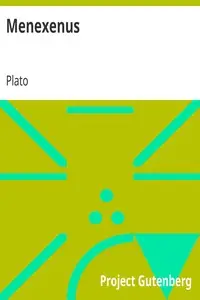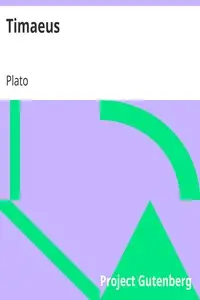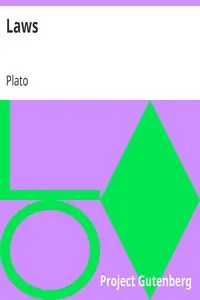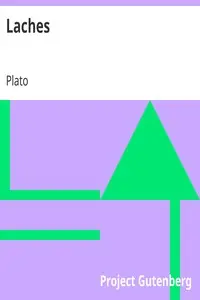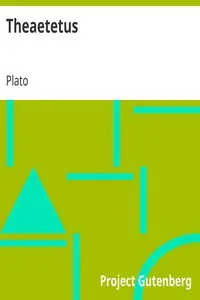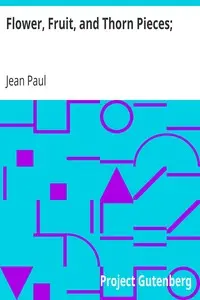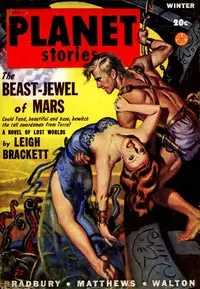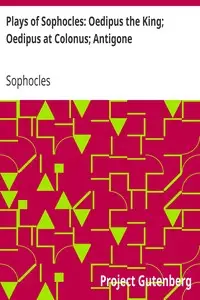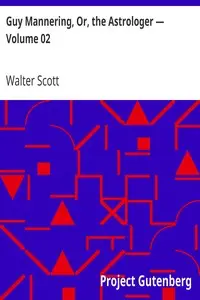"Crito" by Plato is a philosophical dialogue written in ancient times, specifically during the classical era of Greek philosophy. This text is a cornerstone of Western philosophy, illustrating the themes of justice, morality, and the social contract through the lens of Socrates' final days. The dialogue takes place in Socrates' prison cell, shortly before his death, and explores the moral implications of escaping from an unjust punishment. The book centers around a conversation between Socrates and his devoted friend Crito, who urges him to escape from prison to avoid execution. Crito presents various arguments, appealing to Socrates' concern for his family and friends, and the disgrace that would befall them if he allows himself to be unjustly punished. However, Socrates counters these arguments with a profound discussion on the nature of justice and the importance of adhering to one’s principles, even in the face of death. He emphasizes the significance of respecting the laws of the state, viewing them as a form of social contract. Socratic reasoning leads him to conclude that fleeing would violate his principles, ultimately leading him to accept his fate with dignity. The dialogue serves not only as a reflection on Socratic thought but also as a timeless exploration of the moral obligations of the individual to the society in which they live. (This is an automatically generated summary.)
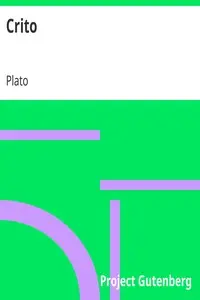
Crito
By Plato
Death of Socrates 2
Genres
Released
1999-03-01
Formats
epub
mobi
epub3 (images)
mobi (images)
epub (images)
Free Download
Overview
About the Author
Plato, born Aristocles, was an ancient Greek philosopher of the Classical period who is considered a foundational thinker in Western philosophy and an innovator of the written dialogue and dialectic forms. He raised problems for what became all the major areas of both theoretical philosophy and practical philosophy, and was the founder of the Platonic Academy, a philosophical school in Athens where Plato taught the doctrines that would later become known as Platonism.
Total Reviews
10.0k
Total reviews from Goodreads may change

